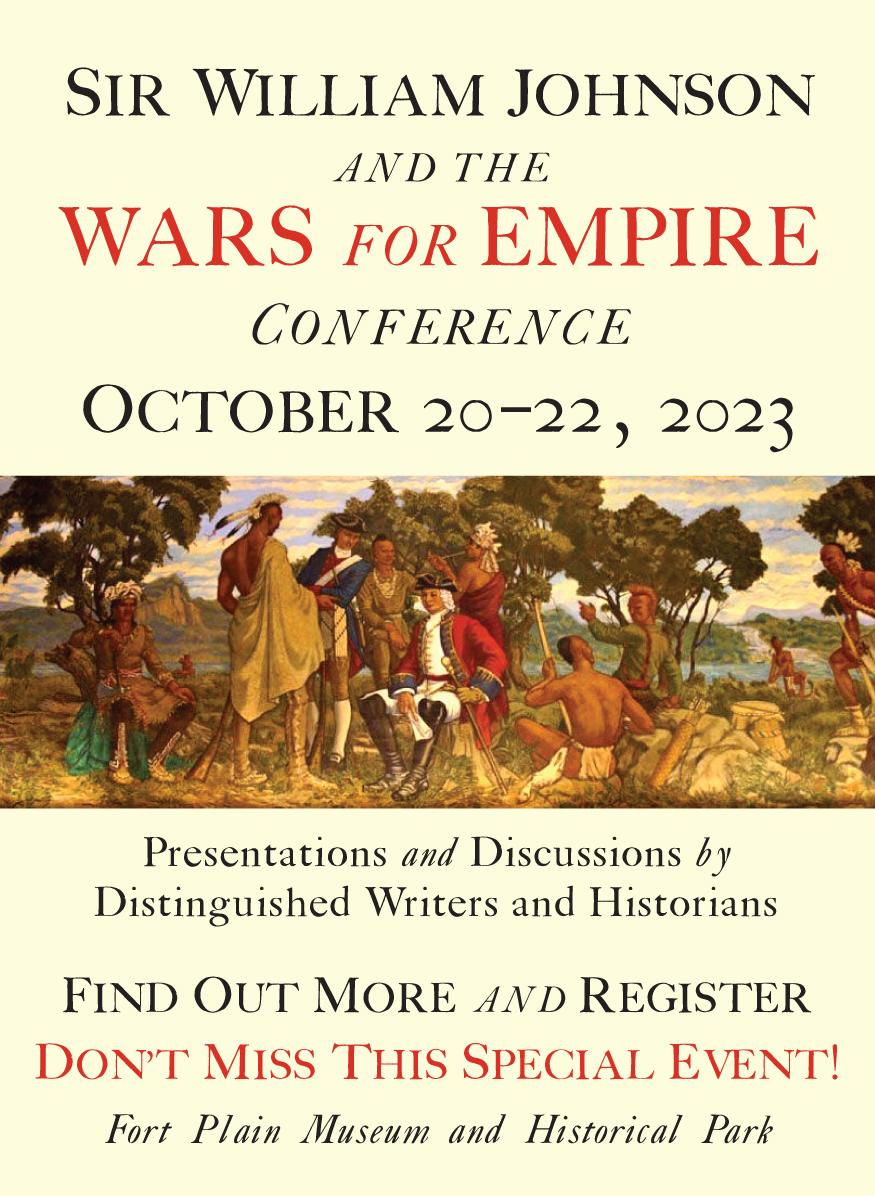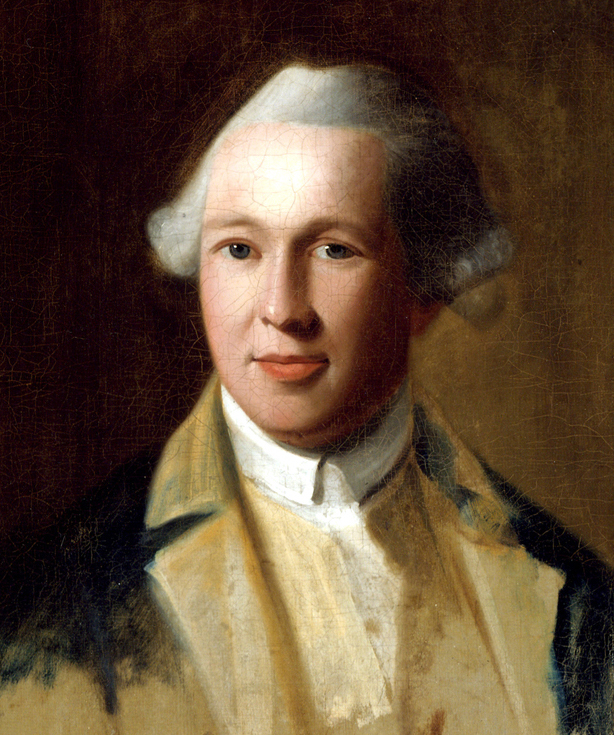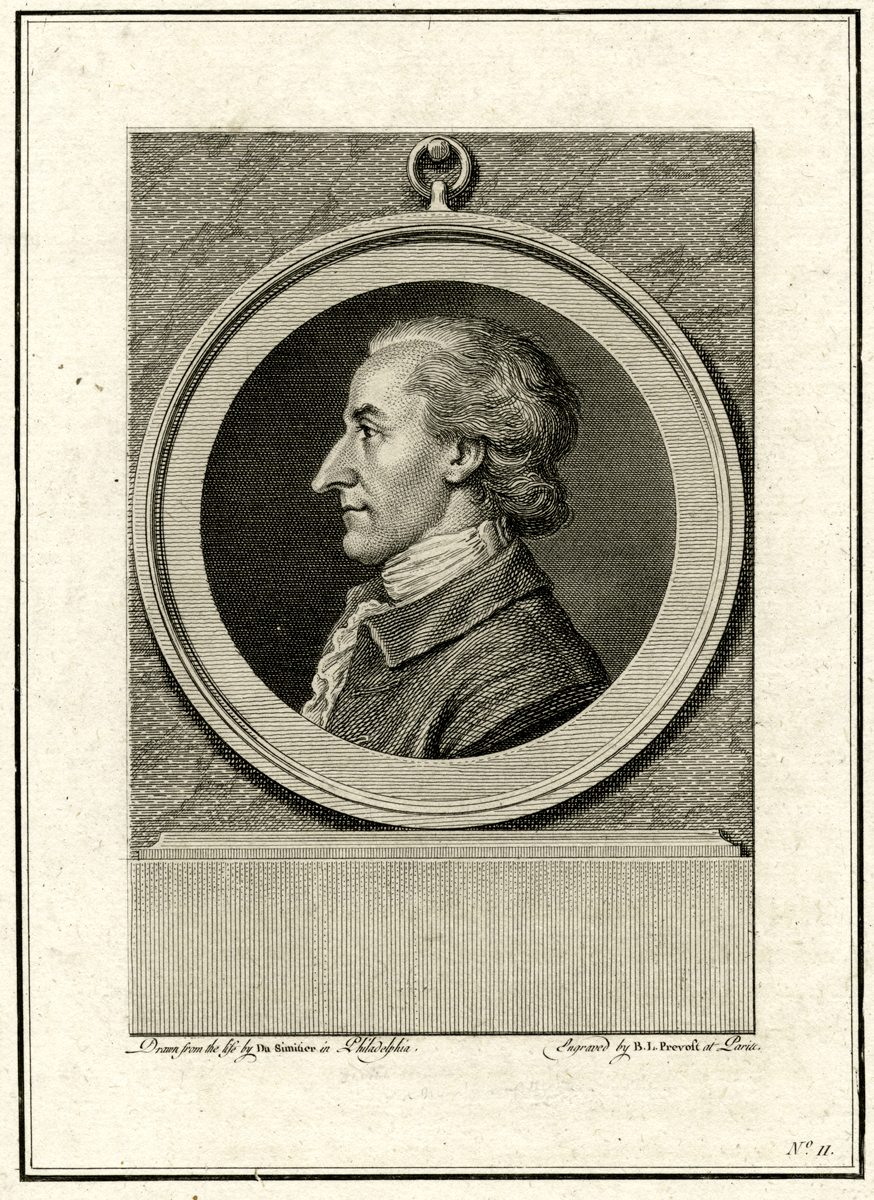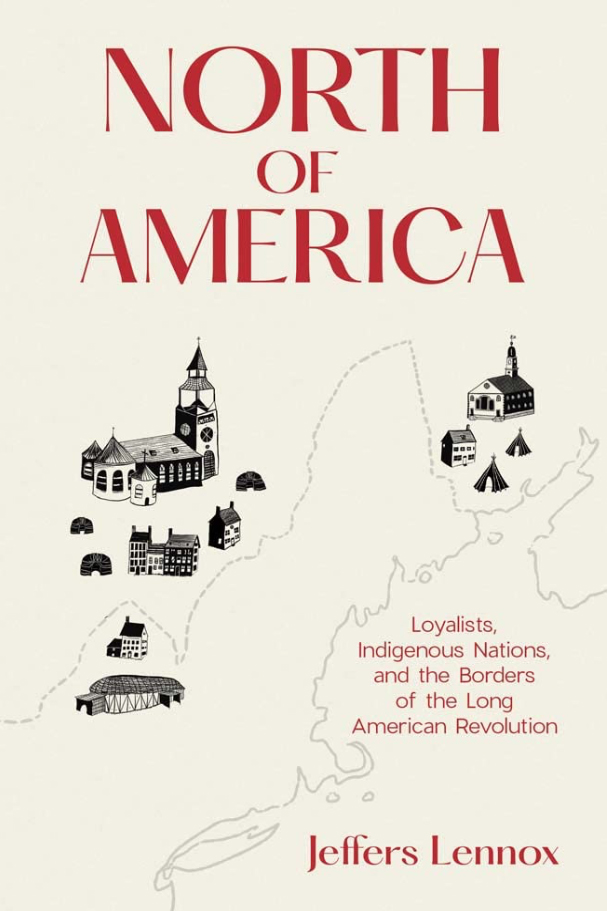The Quaker and the Gamecock: Nathanael Greene, Thomas Sumter, and the Revolutionary War for the Soul of the South by Andrew Waters (Casemate, 2019)
Among America’s great historical sites is the fort that still sits in the Charleston harbor where the first shots of the Civil War were fired. But while Fort Sumter is known to every student of American history, the personage for which it is named, Revolutionary War Gen. Thomas Sumter, remains much less so. In the Quaker and the Gamecock, local South Carolina historian Andrew Waters pairs Sumter’s tale with that of Nathanael Greene in an attempt to at least partially restore Sumter to American memory.
Waters takes an approach that seems much in favor these days, pairing two seemingly opposite types and examining how their relationship dynamic affected events. We’ve seen this genre succeed in books such as Stephen Knott and Tony Williams’s very well written and illuminating Washington and Hamilton: The Alliance that Forged America, Gordon Wood’s Friends Divided: John Adams and Thomas Jefferson and multiple works on Hamilton and Jefferson. The pairing of protagonists in Waters’ work, however, is less successful.
Waters provides us with short biographies and character sketches of each man. Greene is the autodidact, married to a beautiful, vivacious wife. Today, he ranks only below Washington himself in the esteem of Revolutionary War historians among the Patriot military leadership. Waters’ portrait of him can be insightful at times, especially when reconciling his Quaker upbringing with his course of action. He shrewdly notes that while Greene rejected his Quaker faith, that did not mean that it failed to shape him. In Sumter, Waters portrays a man brimming with energy and charisma, and an ego to match. He could be in turn brilliant and woefully inadequate as a commander, and a troublesome, ever querulous subordinate.
Waters begins his tale with the Battle of Blackstock’s Farm in November of 1780 and progresses through Greene’s command in the South through Eutaw Springs in September of 1781. His narrow focus in time and geography provides the opportunity to examine several battles that rarely rate more than a brief mention in books that take a larger view, among them the battles of Hobkirk’s Hill, Ninety-Six, and other, smaller conflicts. Slavery plays a vital role in his story. Sixty-one percent of South Carolina’s inhabitants were enslaved persons, and both sides used them as pawns, treating them more as plunder than people. Controversially, Sumter proposed using loyalists’ slaves as bounties in recruiting a new regiment, ranging from one “grown negro” awarded each private up to “three grown negros and one small negro” for a colonel. By sanctioning the looting and pillaging that would necessarily accompany it, “Sumter’s Law,” as it became known, would have lasting repercussions for both Sumter and the war in the south.
Still, the narrative often fails to sustain itself. Minor troop movements, and the missives back and forth between his protagonists regarding them, take up much of the narrative. At times, Sumter fades from view as Francis Marian and “Light Horse Harry” Lee take more prominent roles in events. In fact, these seem to be among the more interesting points in the book. In short, the reader begins to suspect the Greene-Sumter relationship simply lacks what it takes to drive the narrative. They are simply not on nearly an equal enough footing for their relationship to be at the core of a book-length treatment.
Ultimately, the strength of Waters’ account is also its most glaring weakness. Despite being well researched, its narrow focus and detailed account of every twist and turn in the relationship between Greene and Sumter may make for slow reading for those who are not already drawn to the book’s subject matter. For those who do make the effort, the book relates interesting aspects of the Revolution, such as the importance of civilian relations and the differences in the use of militia in the Southern campaign, which saw more irregular warfare than other theatres and may have given the region a different view on the militia vs. standing army debate that was to come in future years. But, at the end of the day its likely to appeal most to a very narrow audience seeking a detailed account of Sumter’s role in the war.
PURCHASE THIS BOOK FROM AMAZON IN CLOTH OR KINDLE
(As an Amazon Associate, JAR earns from qualifying purchases. This helps toward providing our content free of charge.)














5 Comments
I’m sure that Greene would have dearly loved to have told Sumter to buzz of on numerous occasions. Sumter’s ego being such that he told his subordinates not to take any orders from Continental officers especially Morgan and Greene. Fortunately others failed to follow those direction especially Marion. Sumter’s failure to support Greene on several occasions resulted in Greene either losing a battle or postponing an engagement.
So far I have enjoyed this book. The book is written well and it is factual correct. Even Dr Walter Edgar has supported ‘this book. I feel you haven’t given the book a chance.
Hi Mark,
Glad you’re enjoying the book! I tried to explain why it wasn’t my favorite (although it has many interesting points) and to give people a sense of what it was about.
Some people undoubtedly enjoy the minutiae of their relationship and the campaigns in which Sumter was involved in more than I do, and hope that this review gave them a sense of whether they’d want to read it.
At the end of the day, that’s what I try to do rather than judging the book itself.
Excellent review.
Thank you John!